Jackson Family Wines: A Sustainability Success Story
Overview
Jackson Family Wines has become a leader in sustainable winemaking. This article explores their success with organic vineyards and biodiversity, showing how these efforts improve wine quality and benefit the planet. It’s a story of smart practices and great wine.
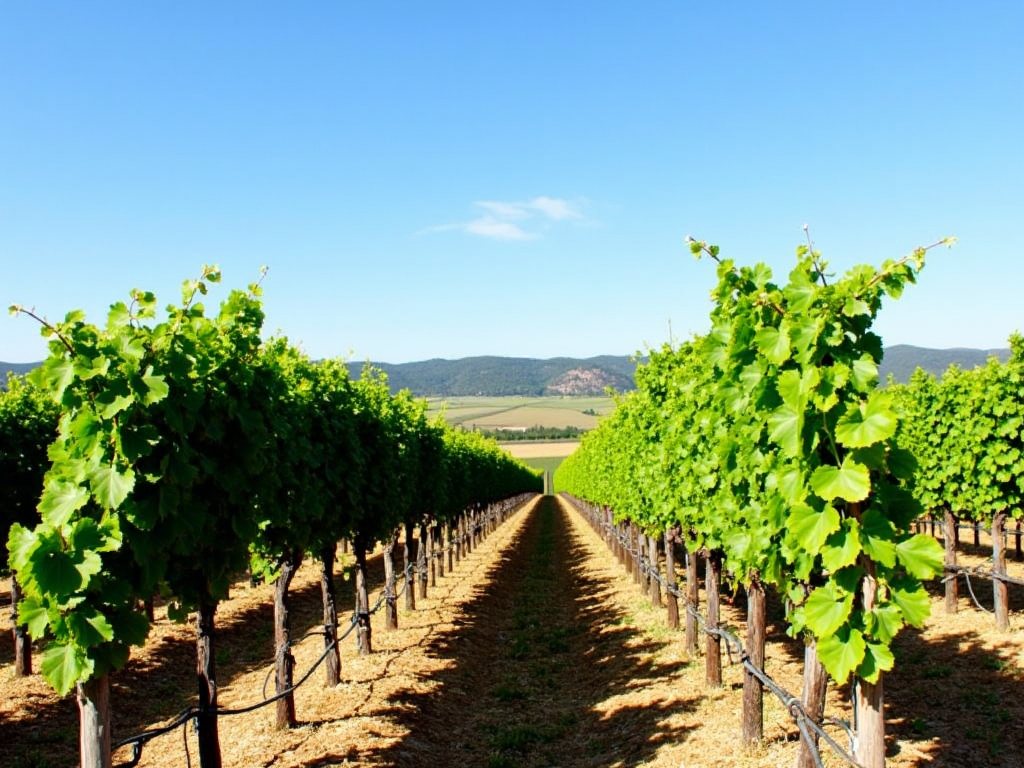
The Rise of Sustainable Wine Brands
More people today want wines that taste good and do good. The wine industry is changing, with brands focusing on sustainability. Jackson Family Wines stands out as a leader in this shift. They’ve been committed to the environment for years, proving that caring for the land can create amazing wines.
It all started with Jess Jackson, the founder. He believed that protecting the earth was key to making great wine. That idea still drives the company. With over 40 wineries worldwide, they use sustainable methods everywhere they grow grapes.
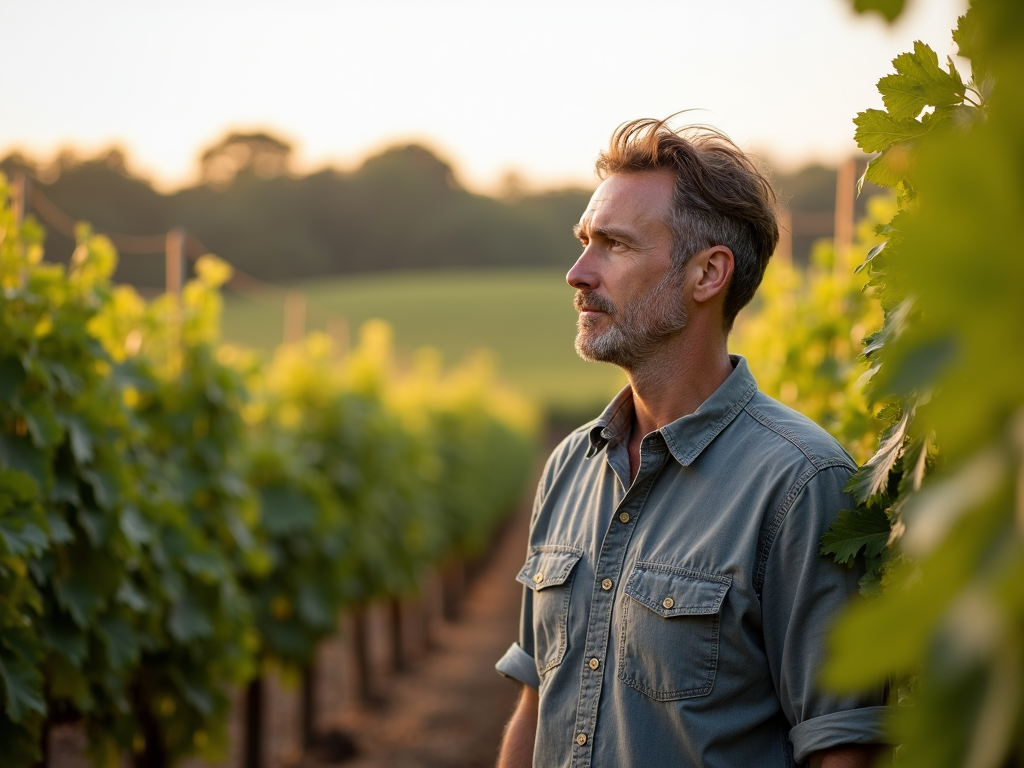
How Organic Vineyards Make Better Wine
Organic vineyards are a big part of Jackson Family Wines’ success. They skip harmful chemicals like synthetic pesticides. Instead, they use natural ways to keep their vines healthy. This choice makes a real difference.
Healthy soil grows stronger vines. Stronger vines give tastier grapes. Those grapes turn into wines with bold, rich flavors. It’s simple: organic farming leads to better wine. Jackson Family Wines proves this with every bottle they produce.
Plus, organic farming helps the environment. It cuts down on pollution and saves water. It’s a smart move that keeps the land in good shape for years to come. You can taste the care they put into it.
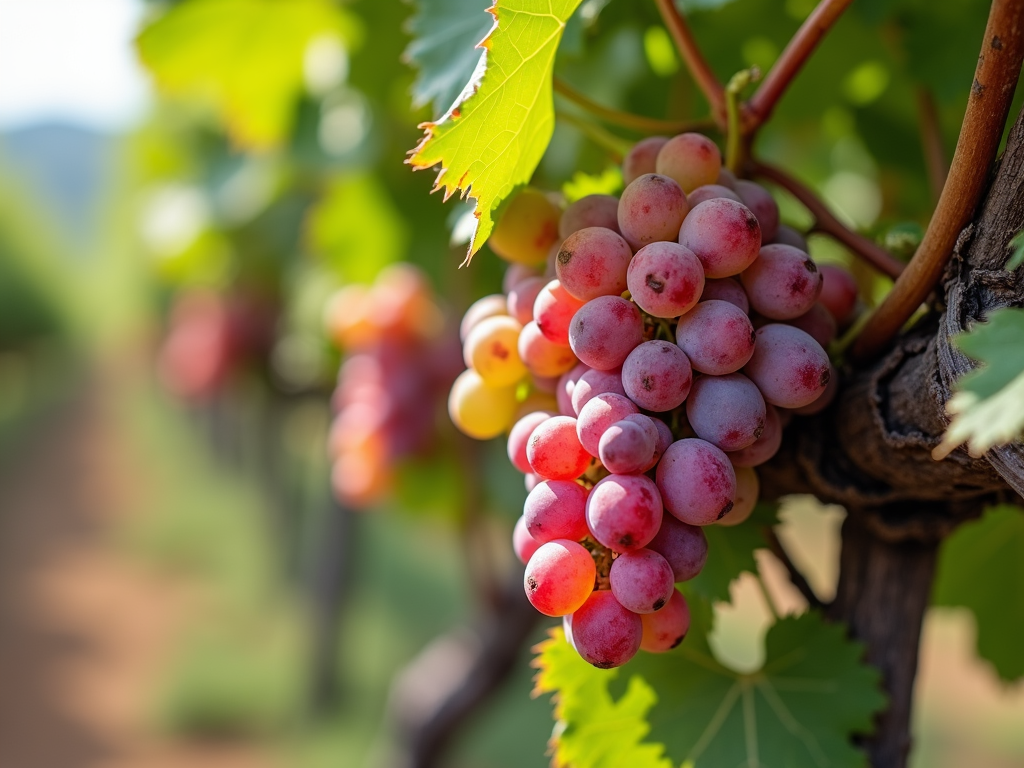
Why Biodiversity Boosts Vineyards
Biodiversity means having lots of different plants and animals around the vineyard. Jackson Family Wines makes this a priority. A mix of life in the fields keeps everything in balance.
For example, they plant flowers and grasses between the vines. These attract helpful bugs that eat pests. Nearby trees and bushes give homes to birds that help out too. It’s a natural way to avoid chemicals.
This approach does more than protect the vines. It makes them stronger. Healthy ecosystems grow better grapes. Better grapes mean better wine. Biodiversity is a secret weapon for quality.
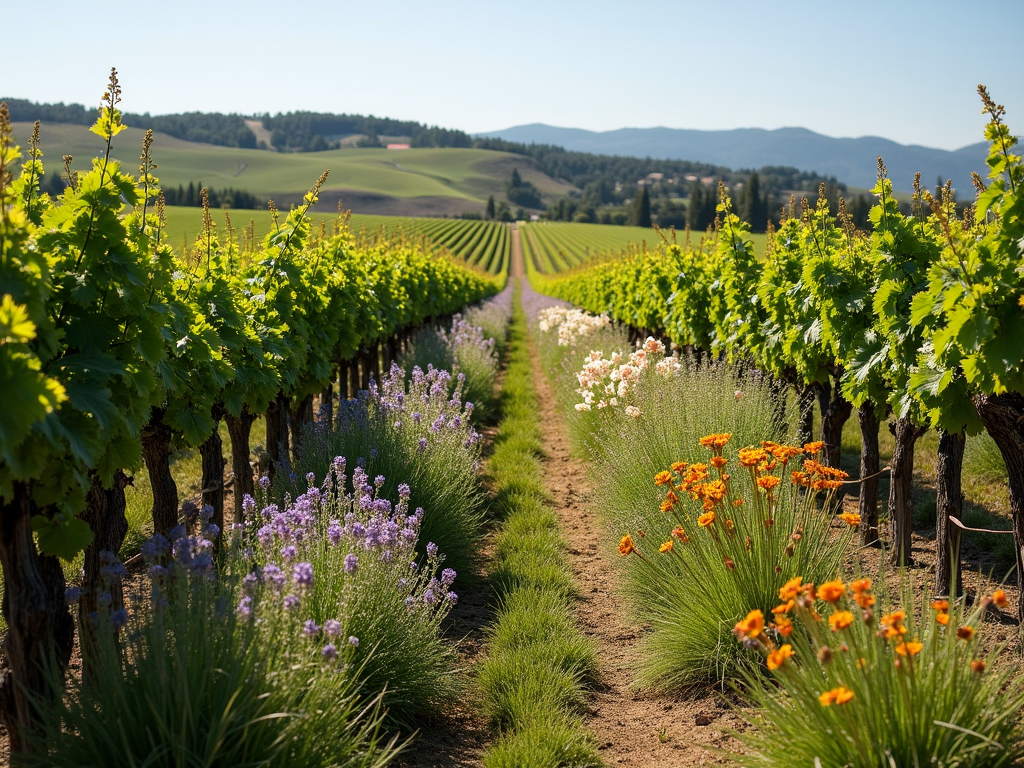
Jackson Family Wines and Organic Vineyards
Switching to organic vineyards isn’t easy, but Jackson Family Wines has done it well. They’ve worked hard to get their fields certified organic. That means they meet strict rules set by outside experts.
Certification isn’t just for show. It proves they’re serious about sustainability. When you buy their wine, you know it’s made with the planet in mind. It’s a promise they keep with every harvest.
They don’t stop at organic farming. Here’s a quick list of other smart practices they use:
- Water Saving: Recycling water in the winery.
- Solar Power: Using the sun to run their buildings.
- Less Waste: Finding ways to reuse materials.
These steps add up to a big impact.
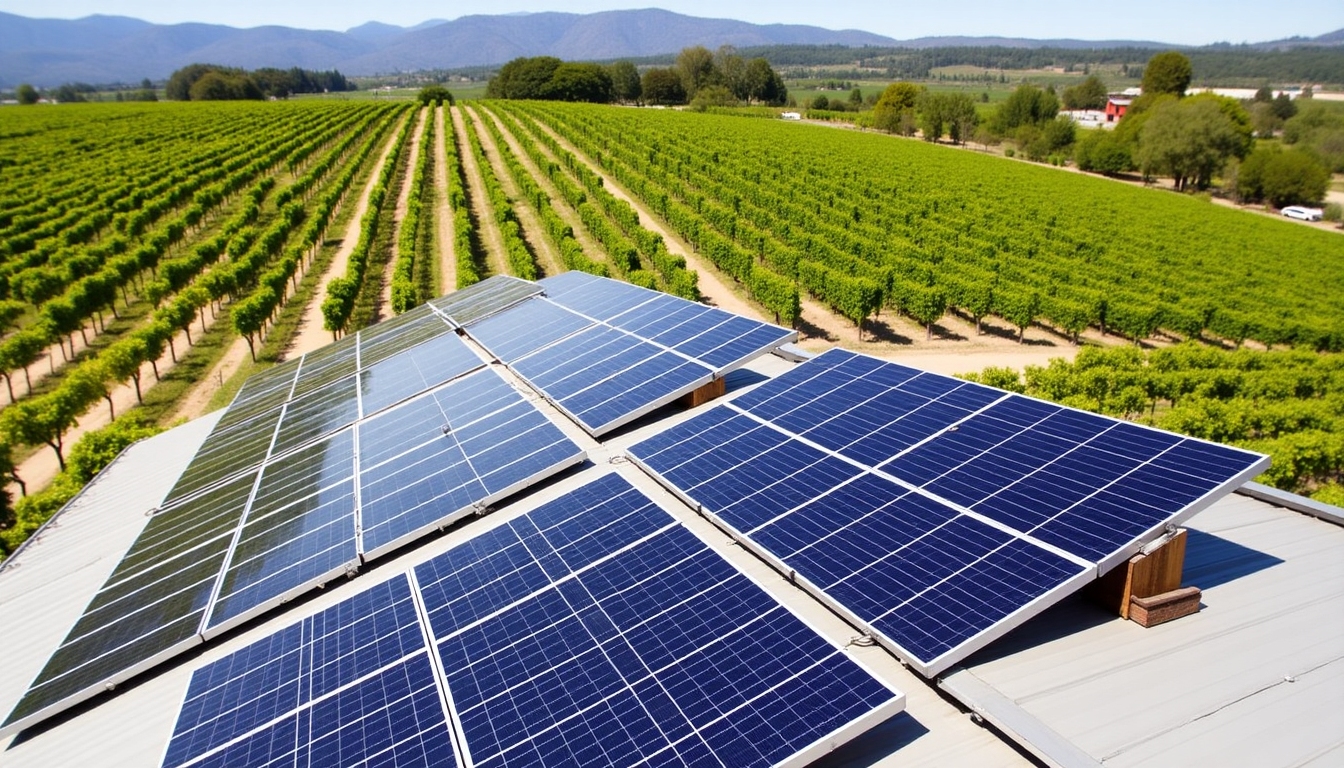
Personal Insights: A Visit to Jackson Family Wines
I recently visited one of their vineyards, and it was eye-opening. The fields were alive with color and sound. Flowers bloomed between the vines, and birds flew overhead. It felt like nature and farming working together.
I talked to a winemaker there. He showed me how they avoid chemicals and let the land do its job. “The grapes taste more real this way,” he said. He was right—I could taste it in the wine we tried later.
The tasting was the best part. Each wine had its own personality. One had bright fruit flavors; another was deep and earthy. It hit me: sustainability isn’t just good for the earth. It’s good for the glass too.
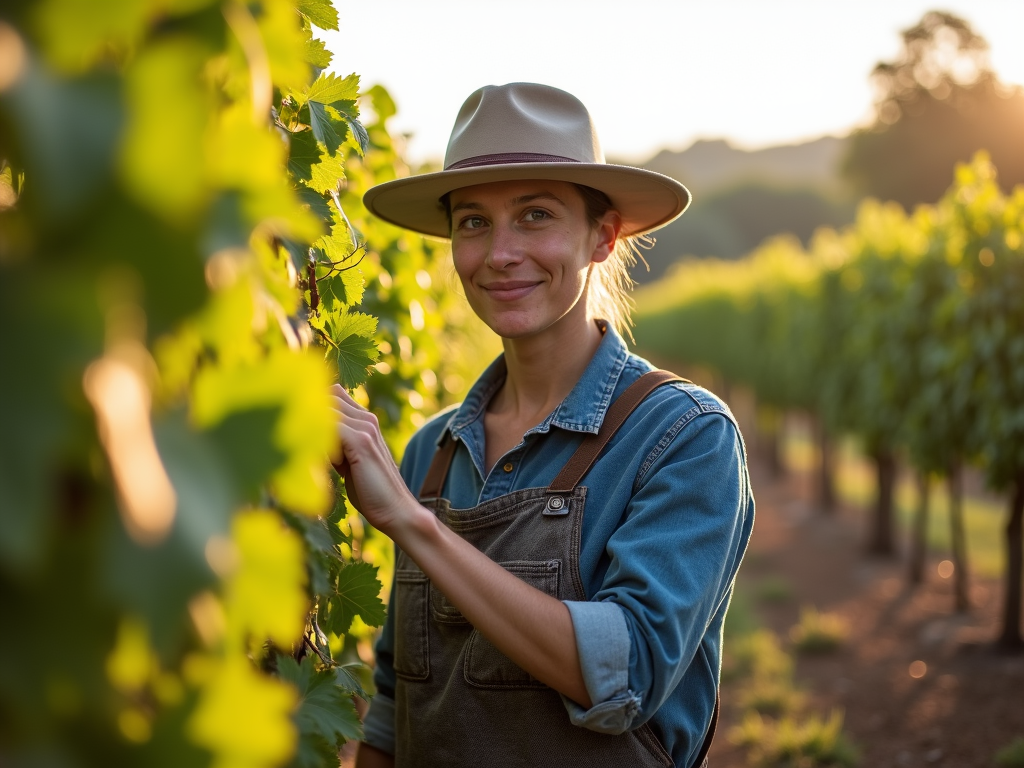
Studies back this up. Research from places like the University of California shows organic farming can improve soil and grape quality. Jackson Family Wines is living proof of that science.
Summary
Jackson Family Wines shows how sustainability can work wonders in winemaking. Their organic vineyards and focus on biodiversity create top-notch wines while protecting the earth. They’re leading the way for others to follow.
This isn’t just a passing fad. It’s the future. By caring for the land, they ensure great wine for years ahead. Their success is a lesson—and a delicious one at that.